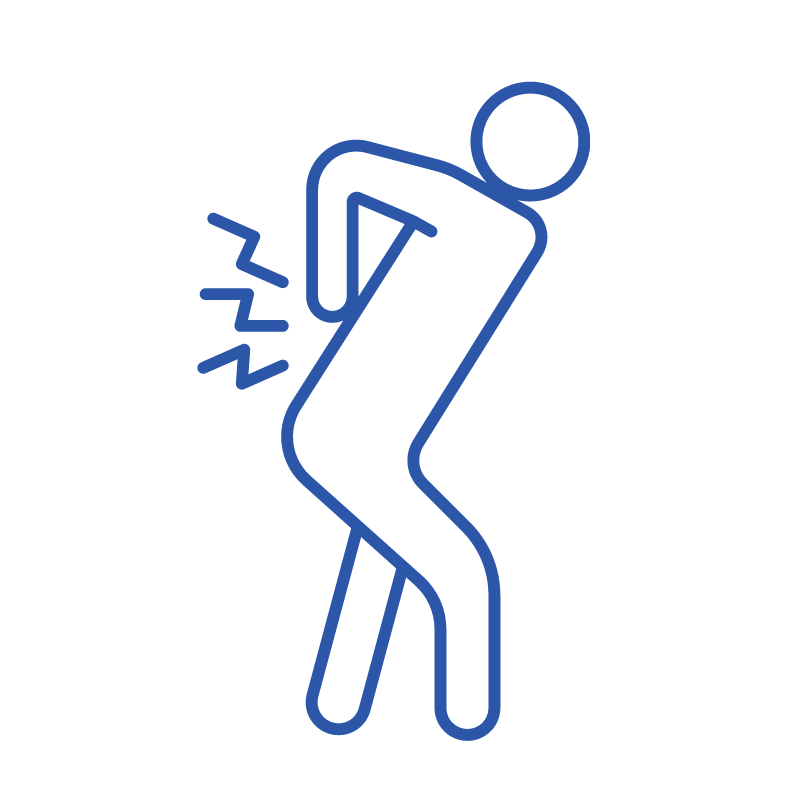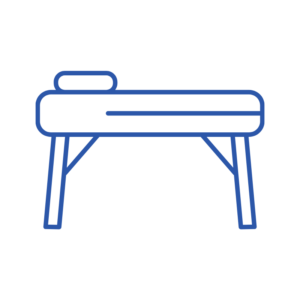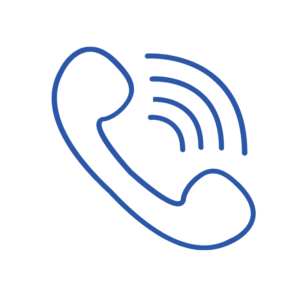What is a slipped (prolapsed) disc?
Vertebral discs within your spine act as shock absorbers, and are responsible for movement and giving support. A gel-like fluid can be found between these discs; however, they can lose fluid over time, leaving the discs prone to herniating (bulging out).
A slipped disc doesn’t actually slip out from your spinal structure – rather, the soft inner part of the disc bulges out (herniates) through a weakness in the outer part of the disc. Hence, a slipped disc can also be called a prolapsed or herniated disc. This bulged disc may press on other parts of the spine or cause inflammation, causing irritation or pressure on nerves within the spinal column.
A slipped (prolapsed) disc can occur in the three spinal regions:








